Concrete is quite durable and is commonly used for outdoor flooring, support beams, and vertical surfaces. It can also be given a glossy finish and used as indoor flooring that is both sleek and easy to maintain. For countertops, however, you cannot just use any regular bag of cement. Countertops require cement that has a high PSI rating, which is a measure of the material’s pressure and subsequently its strength. The higher the PSI rating the stronger the concrete is going to be and for countertops, it is recommended to have concrete with a PSI rating of at least 6,000.
You can find bags of concrete mix that are created specifically to be used as a countertop. In fact, you can even purchase various kinds of concrete mixes depending on your preferred countertop appearance. For example, there is a specific mix for a white concrete countertop, in case you’re looking to brighten up the kitchen. Also, there are polished concrete countertops if you’re going for a glossy texture in your kitchen.
Keep in mind, that you can make countertops out of regular concrete and there is nothing preventing you from doing this. Regular concrete can work as a countertop, but it comes with a few complications. The concrete mix used for foundation, hardscaping, or patio flooring is not meant to be sleek, smooth, and glossy — it’s simply there to hold up lots of weight and stay in one piece. However, not much is done to prevent chipping since a small crack in the patio floor is not going to be much of an inconvenience.
On a kitchen countertop, however, even the smallest crack or chip is not only going to be very noticeable, but it may interfere with your cooking and prep work as you oftentimes need a completely smooth surface in the kitchen. To make countertops out of a regular cement mix, you’d need to use tons of additives to prevent cracking or shrinking. Cement mix bags specifically designed to make countertops come with all these already in the mixture, so you don’t have to go out of your way to find these additives and add them to the mix yourself.
Concrete countertops cost less than granite and quartz, making them a fantastic choice for kitchen remodels or renovations on a smaller budget, which is great for homeowners looking to freshen up their interior without spending too much on natural or engineered stone. You can find concrete countertops for $60 to $130 per square foot, depending on the type of concrete you’re looking for.
Other Concrete Types Used In Construction
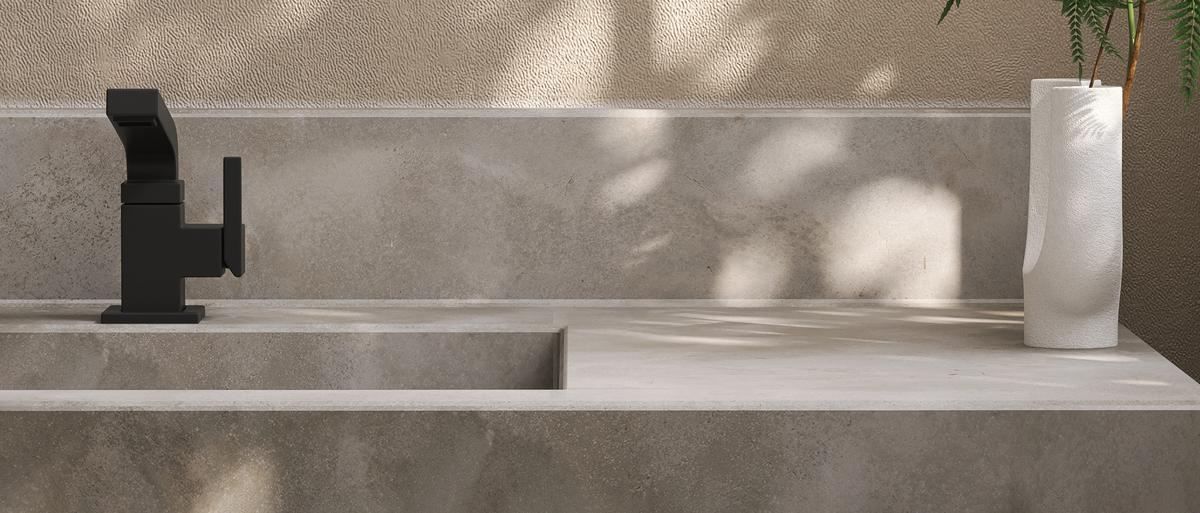
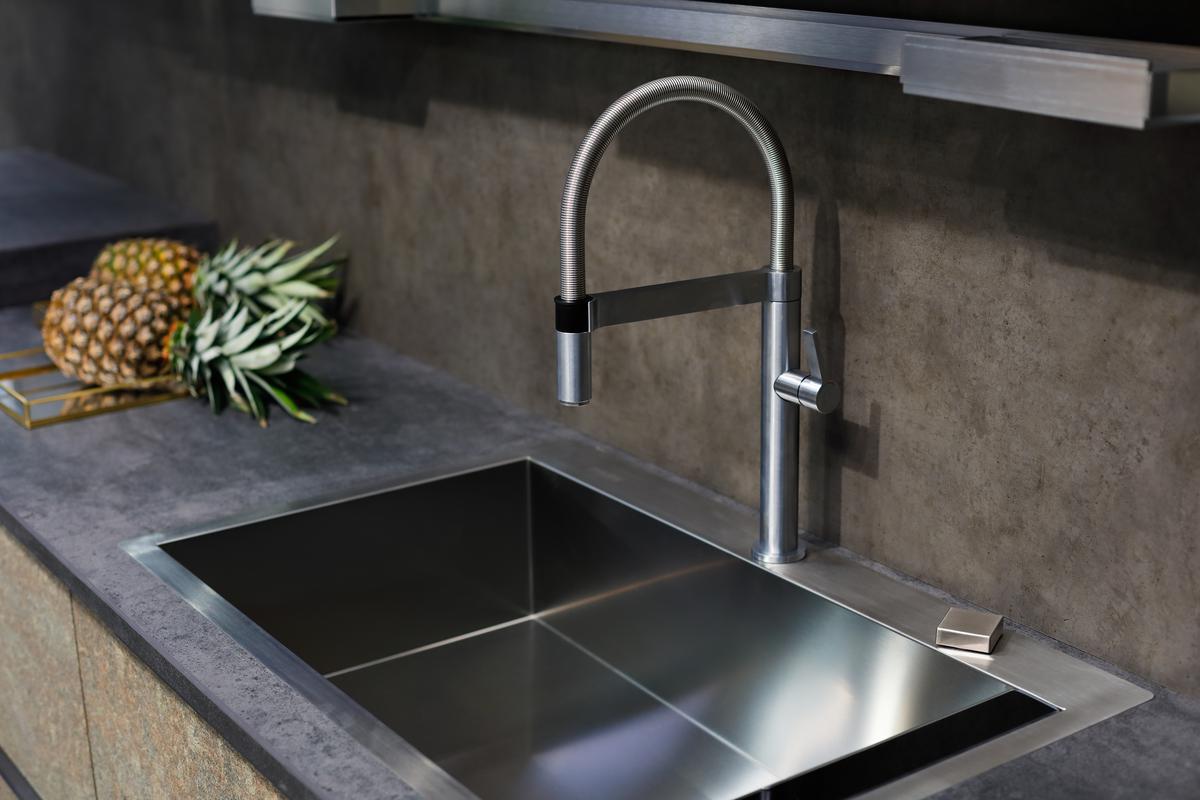
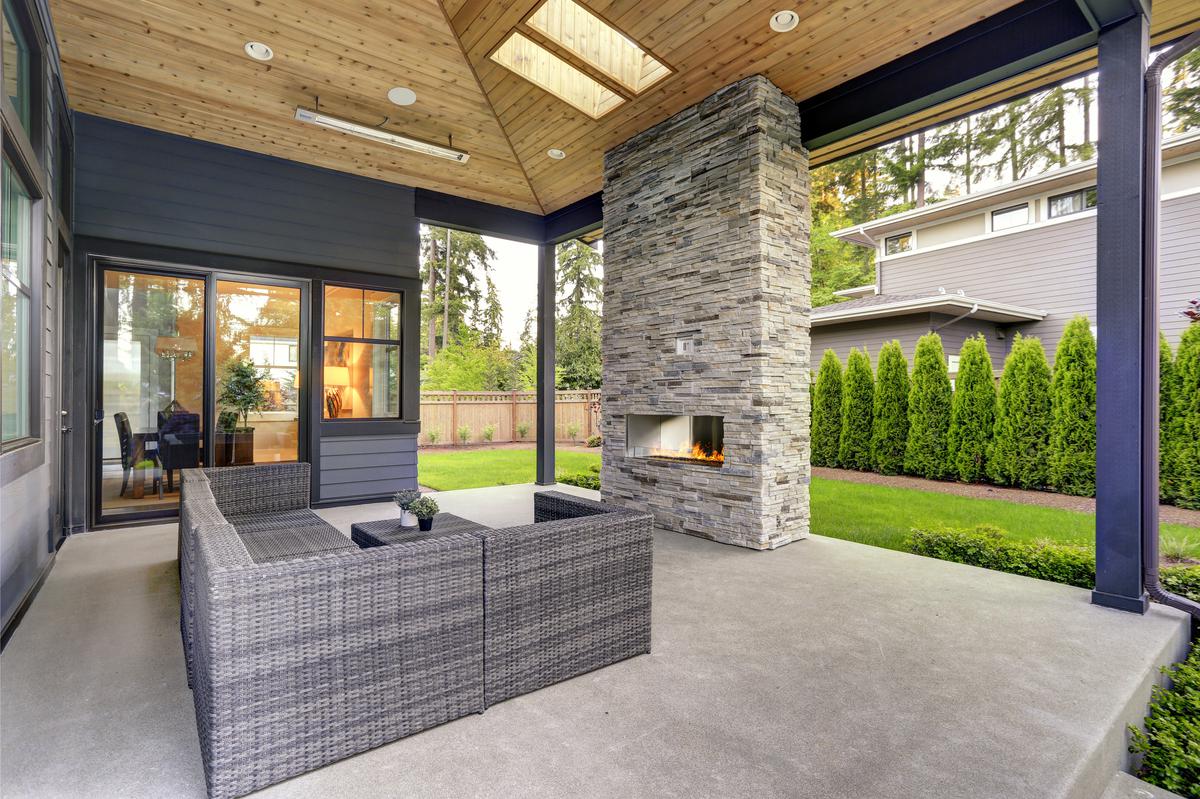
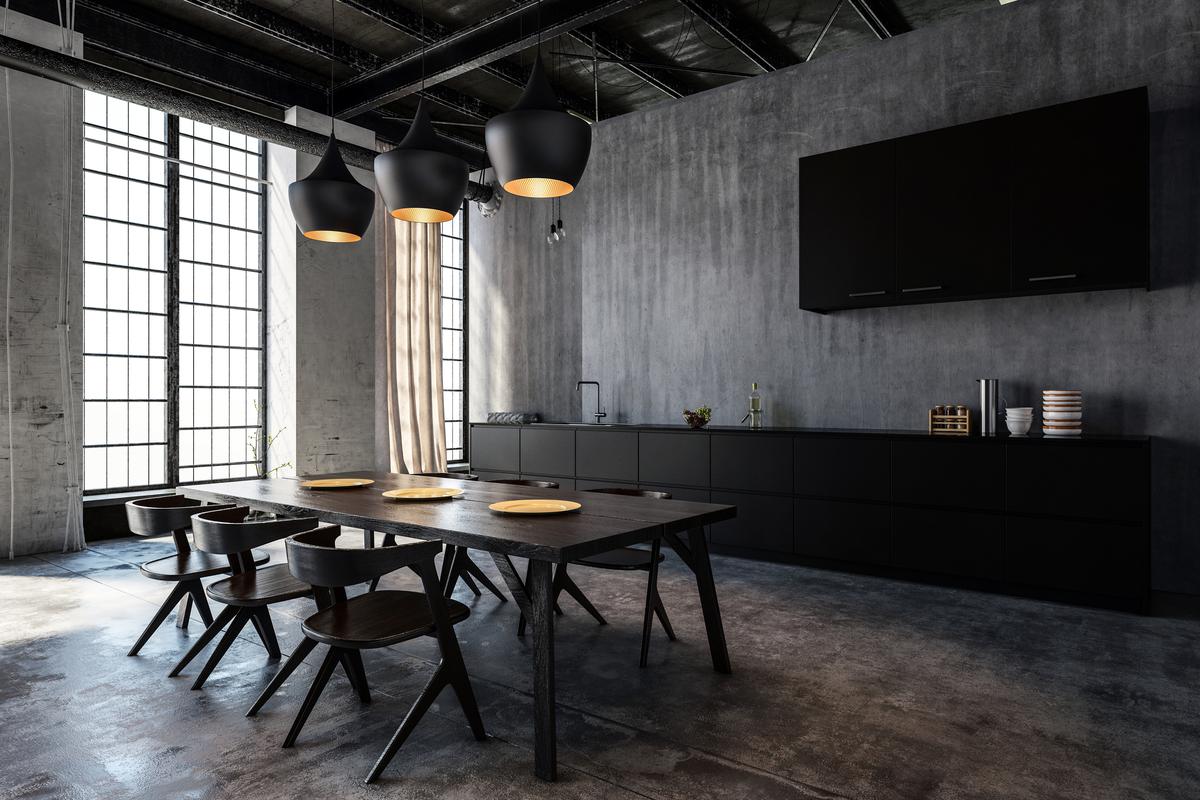
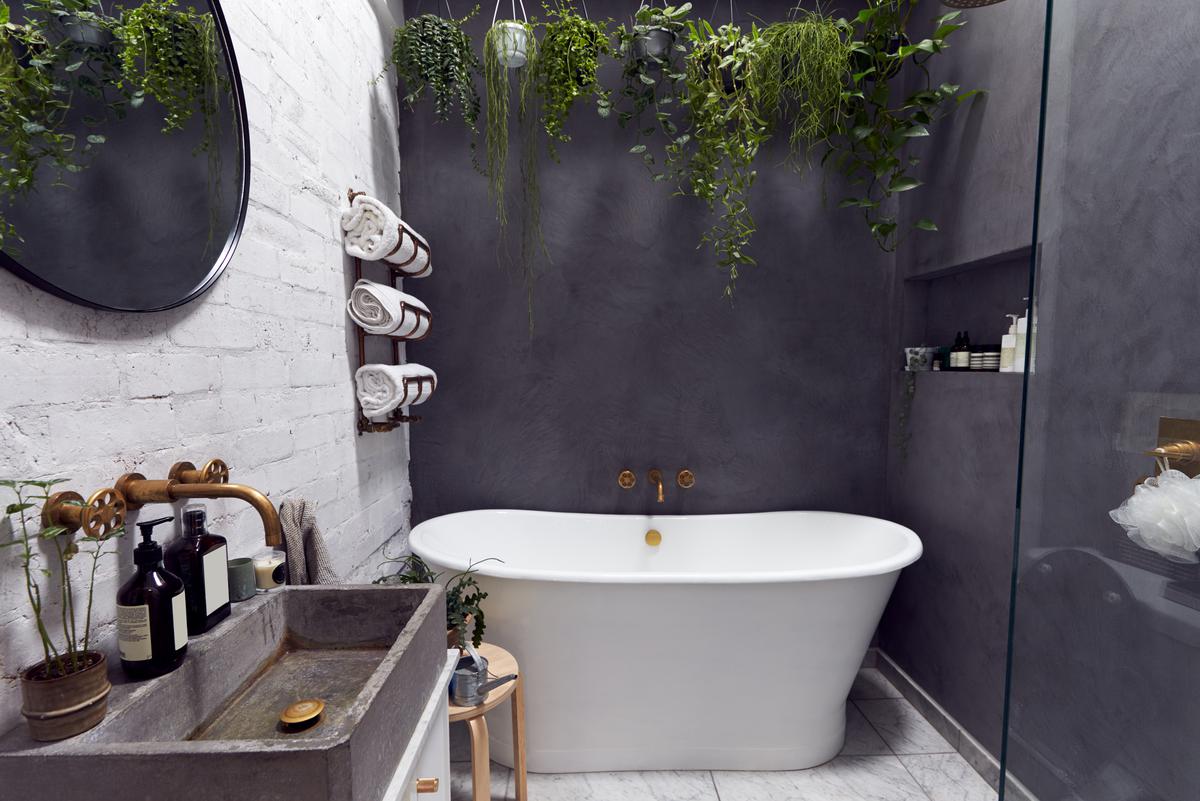
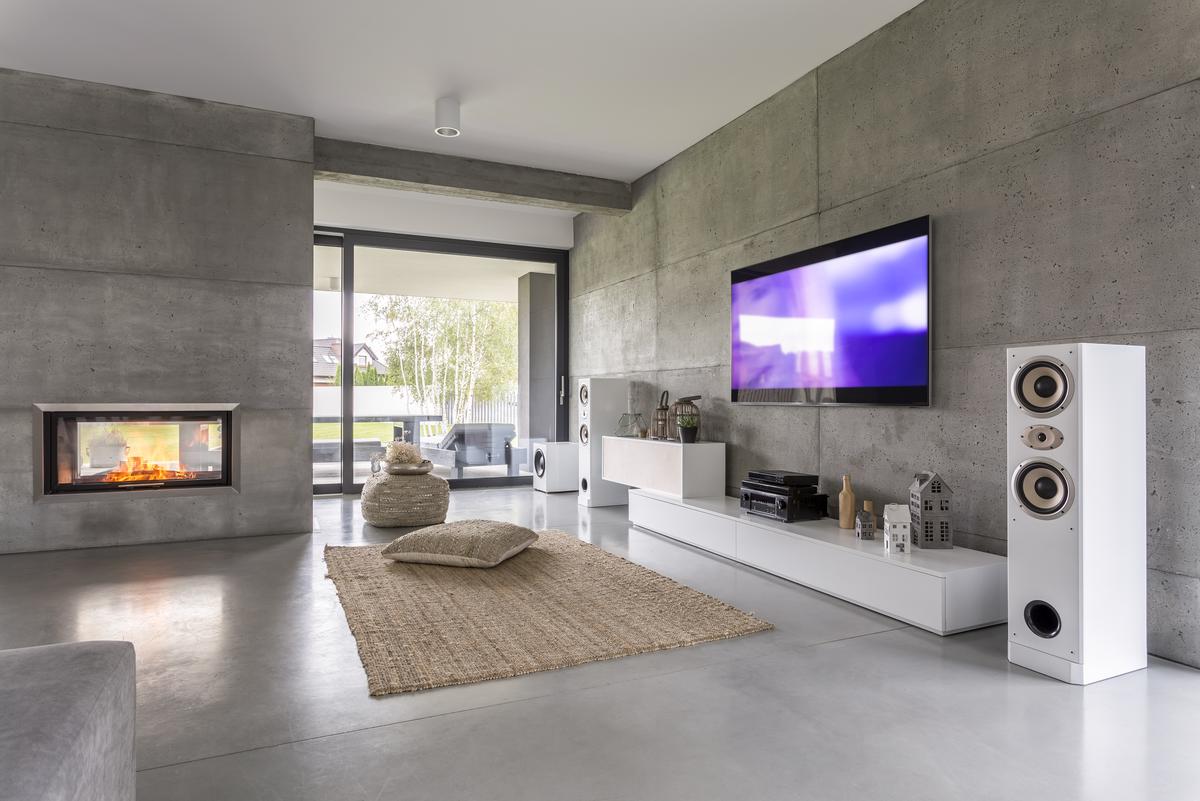
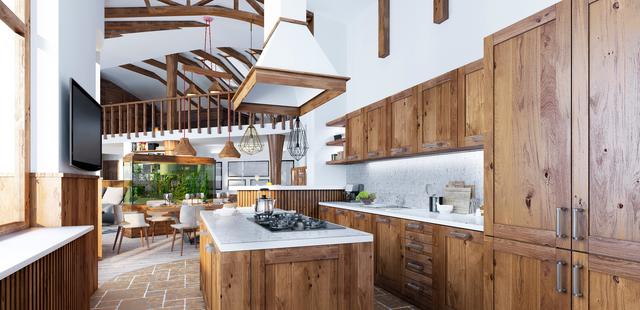
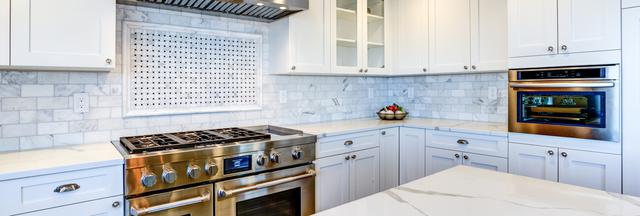
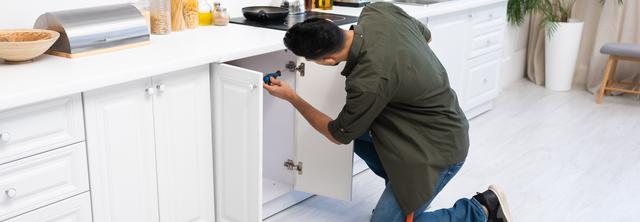
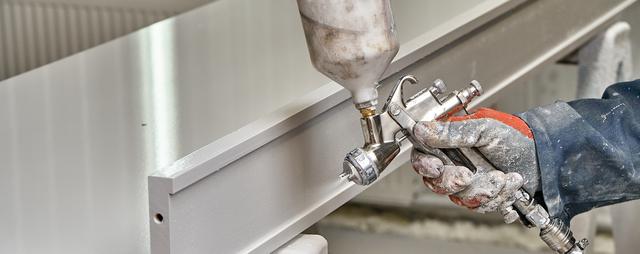
comments